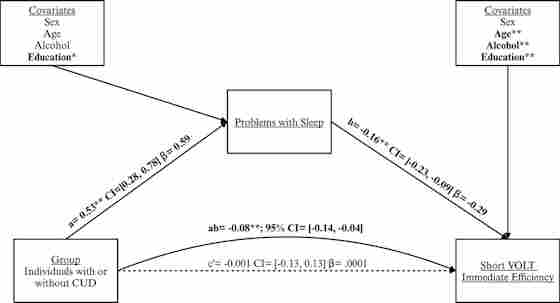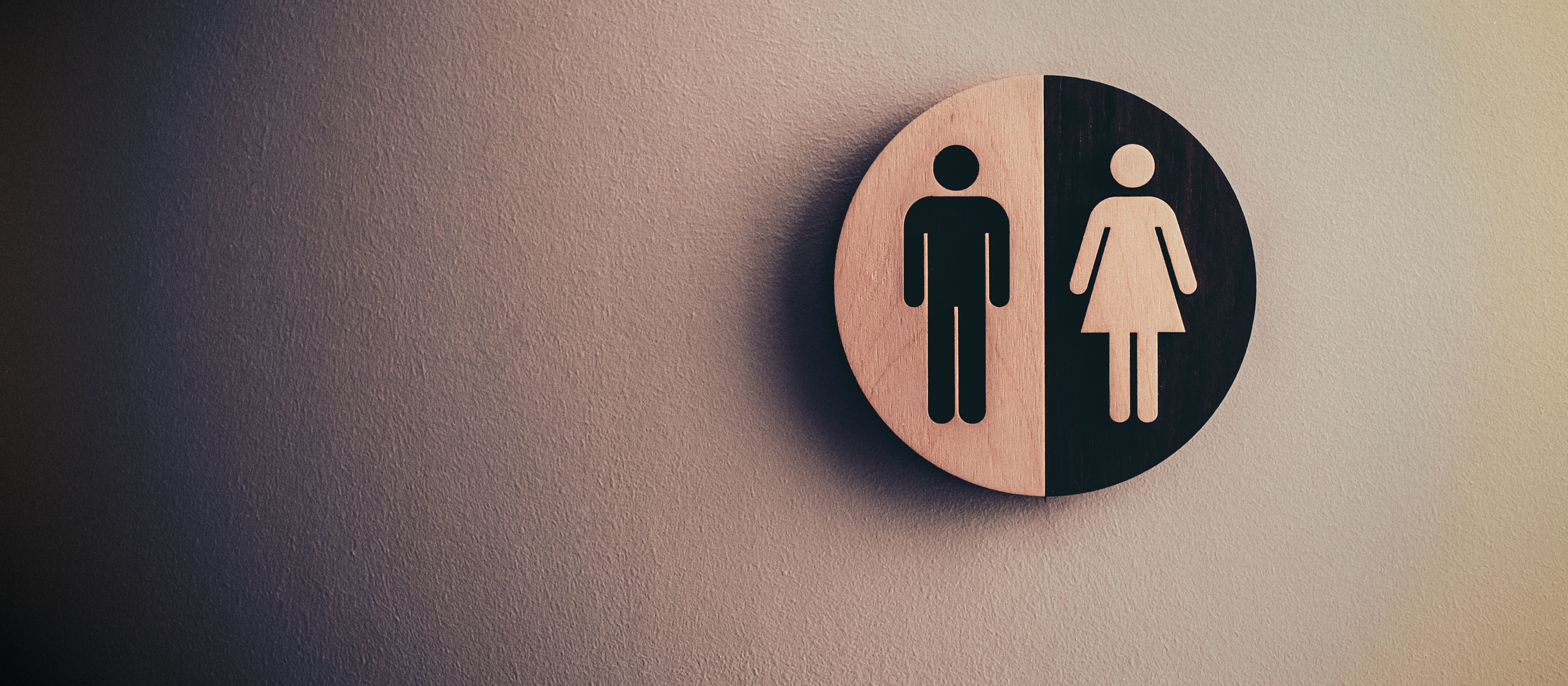OVERVIEW
Despite heightened interest in the potential benefits and side effects of cannabis, how memory and sleep problems may interact as a result of cannabis use remains unknown.Groundbreaking new research aims to help fill this gap by testing how sleep impacts memory among cannabis users. Led by Francesca Filbey, PhD, from the Laboratory of Neuroimaging of Reward Dynamics at UT Dallas’ Center for BrainHealth, in collaboration with a team from the University of Amsterdam, the study aims to determine whether sleep quality mediates the association between cannabis use and memory and whether sex moderated these effects.Participants included chronic cannabis users and non-users who self-reported frequency of sleep problems within the past week and completed a variety of cognitive assessments that tested verbal memory, visuospatial learning and memory performance. Results show cannabis users reported more sleep problems, correlated with more visuospatial memory problems as well.“”

Figure 1. Sleep problems mediate the relationship between cannabis use disorder (CUD) and Short Visual Object Learning Task (sVOLT) efficiency scores. Dotted lines indicate no significant effect while solid lines indicate significant effects. The unstandardized effects are noted with (a) and (b) while the standardized effects are noted with (β). *p < .05; **p < .01. Figure created with Biorender.com.





